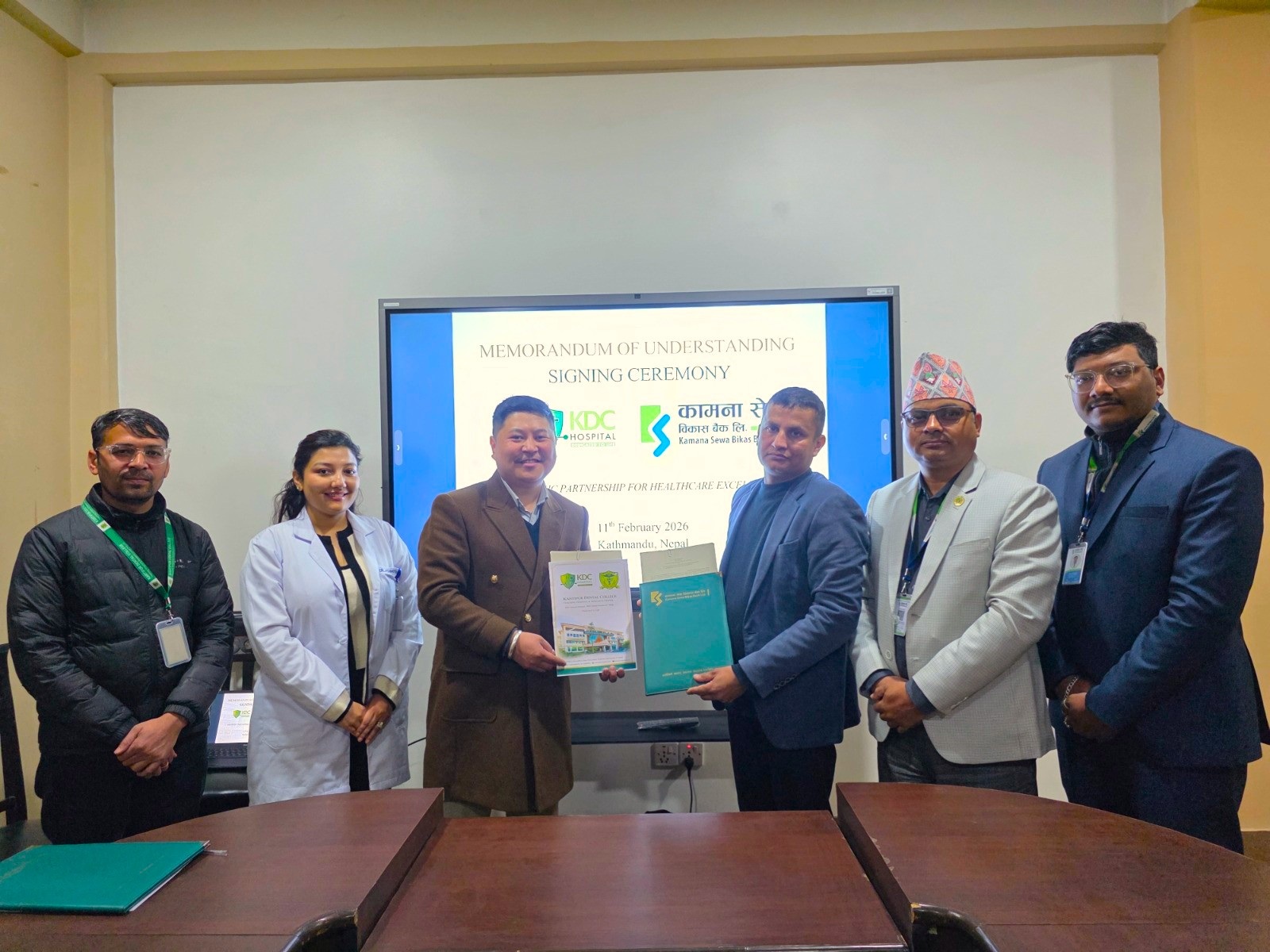Nepal AI Policy 2081: Expert Recommendations
17th February 2025, Kathmandu
To strengthen the effectiveness of Nepal’s National Artificial Intelligence (AI) Policy 2081, three expert institutions have jointly submitted a concept paper with significant recommendations to the government.
The Center for Cybersecurity Research and Innovation (CSRI#Nepal), Information Security Response Team Nepal (#npCert), and the Internet Governance Institute (IGI) prepared the proposal, which was handed over to the Minister of Communication and Information Technology, Prithvi Subba Gurung, on Sunday.
The concept paper includes 10 key recommendations to align Nepal’s AI policy with global trends, national aspirations, and socioeconomic development. It emphasizes setting priorities, defining timelines, clarifying responsibilities, strengthening monitoring and evaluation mechanisms, focusing on capacity building, promoting collaboration, and prioritizing ethics and inclusivity in AI governance.
The formulation of the concept paper was led by key experts, including CSRI Nepal President Prof. Dr. Subarna Shakya, IGI Cofounder Advocate Baburam Aryal, CSRI Nepal General Secretary and IT expert at the Ministry of Communication and Information Technology Dr. Shaligram Parajuli, npCert AI Advisor Dr. Samir Kharel, IGI Director Roshan Pokharel, and CSRI Nepal founding member Bandana Sharma.
Upon receiving the concept paper, Minister Gurung assured that the AI policy would be developed transparently, incorporating multi-stakeholder feedback. He also affirmed the government’s commitment to approving and implementing the policy soon.
Experts welcome the AI policy as a positive initiative but stress the importance of addressing potential cybersecurity risks. Given AI’s critical role in national security, they recommend integrating robust security measures into the policy framework.
Prof. Dr. Subarna Shakya highlighted that Nepal’s AI Policy 2081 presents a significant opportunity for the country. He underscored the need for collaboration among policymakers, technical experts, private sector players, academics, and civil society to ensure effective implementation.
IGI Cofounder Advocate Baburam Aryal noted that a well-prepared AI policy would set new benchmarks for innovation and foster a business-friendly environment for AI entrepreneurs.
Dr. Rajib Subba, Advisor at npCert, pointed out that AI could impact cybersecurity significantly and offered npCert’s expertise to the government if needed.
CSRI Nepal’s Founding President, Chiranjibi Adhikari, emphasized prioritizing cloud security in AI-driven national cybersecurity initiatives, considering it the foundation for a strong digital future.
Dr. Shaligram Parajuli likened AI’s transformative potential to how electricity revolutionized the internet, stating that AI would unlock limitless possibilities for Nepal’s future.
The Ministry of Communication and Information Technology invited stakeholders to provide suggestions for improving the AI policy. Experts believe that incorporating these recommendations into the policy’s execution will help Nepal build a secure, inclusive, and technology-driven AI ecosystem.








